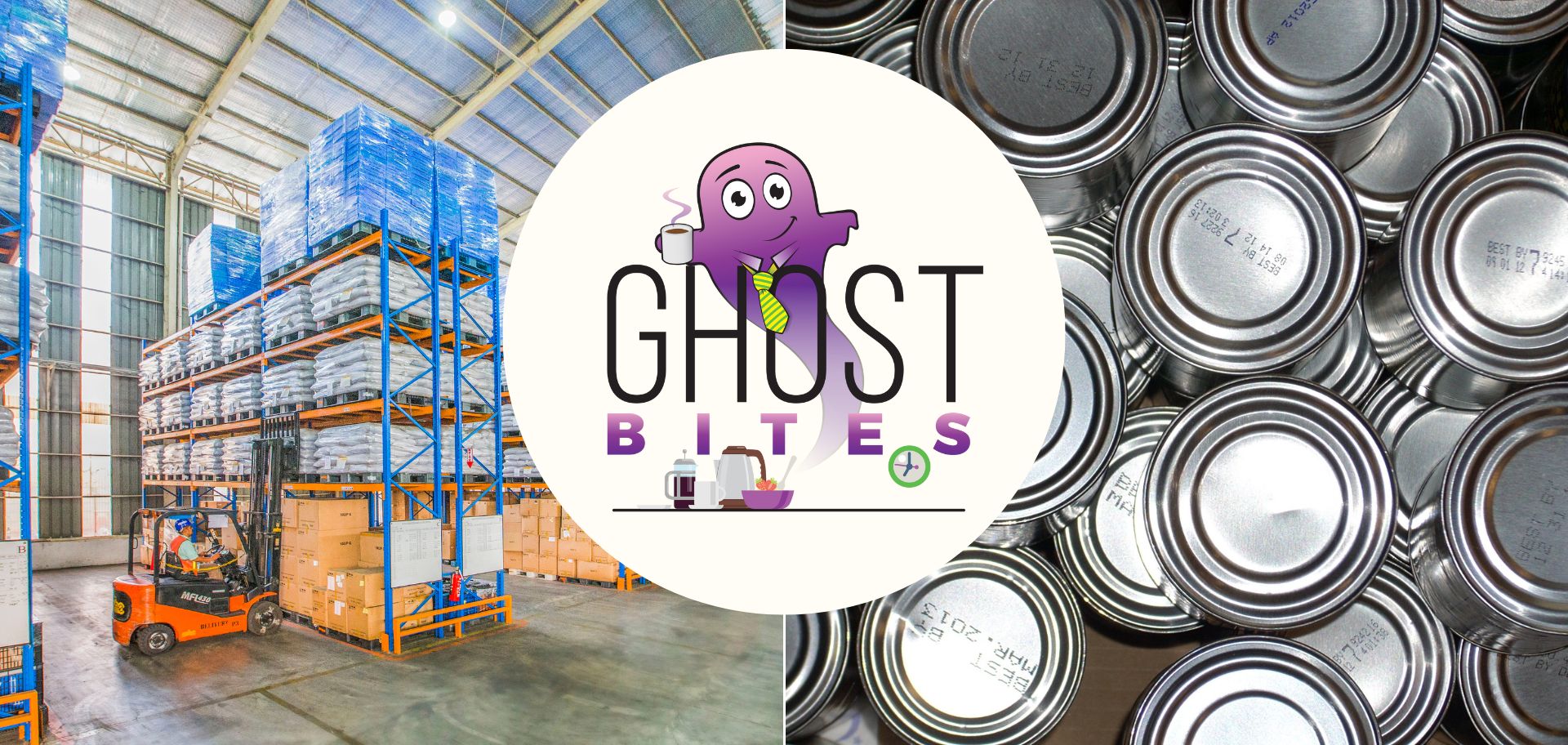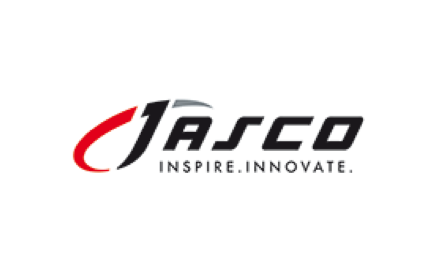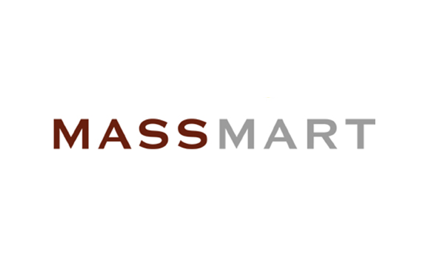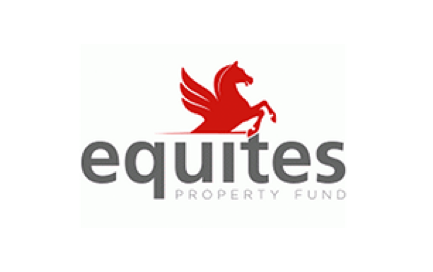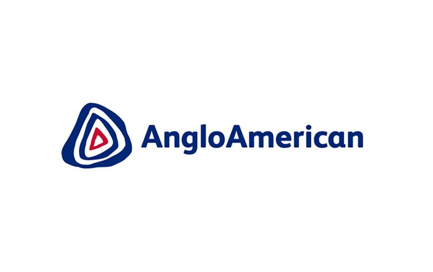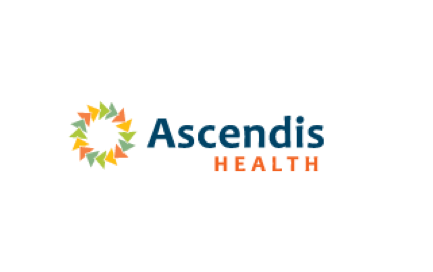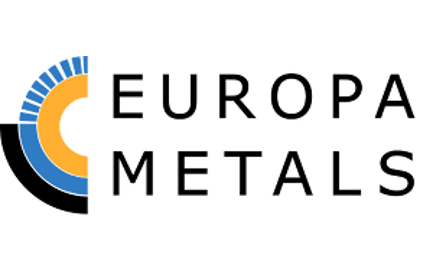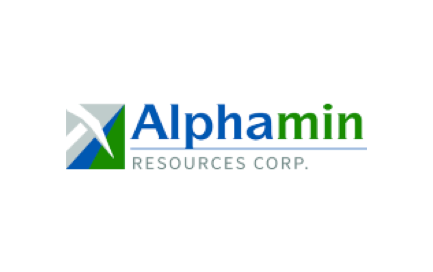If you enjoy Ghost Bites, then make sure you’re on the mailing list for a daily dose of market insights in Ghost Mail. It’s free! SIGN UP >>>
Alphamin beats its production guidance
But a lower tin price means profits are way off the preceding quarter
Alphamin reminds us in every announcement that the company produces 4% of the world’s mined tin at its operations in the DRC.
Production in this quarter was 3,139 tonnes, a solid beat of the production guidance of 3,000 tonnes. The problem is that the average price per tonne has dropped from $35,345 to $22,011, a nasty 38% decrease in the space of just three months. This drop in the commodity price explains why the share price has lost 32% of its value this year.
The impact on EBITDA is substantial, down 55% from the preceding quarter to $30 million in this quarter.
The company believes that demand for tin is expected to increase over the next five years, with supply expected to remain constrained. Along with the Mpama South project (scheduled for commissioning in December 2023), this is the underpin for the investment thesis in this company.
The share price is back to where it was in May 2021. If you missed the uptick over the pandemic, there’s a chance here for another bite at the cherry if you like the fundamental story of the business and the tin market.
One step closer for Ascendis
The Austell offer has achieved Competition Commission approval
As regular readers know, Ascendis shareholders need to decide whether they like money or not. It’s really as simple as that, as there are two competing offers on the table and one is materially larger than the other.
As a reminder, the offer from the Pharma-Q / Imperial Logistics consortium is a base price of R375 million. Austell Pharmaceuticals has offered R432 million for the same assets. You don’t need to get the calculator out to choose a winner there.
Until the latest announcement, the material difference between the offers was that Pharma-Q / Imperial already had Competition Commission approval in place and Austell didn’t. Ascendis has announced that Austell has also received approval without conditions, so the difference between the offers is only the price.
Obviously, the board has given shareholders a clear recommendation to vote in favour of the Austell deal.
Equites is proof that the grass isn’t always greener
In the six months to August, the UK portfolio lost value and the SA portfolio moved higher
The annoying thing about markets is that they don’t always fit the popular narrative. For example, the SA-bashers tend to conveniently forget that other countries also have problems (though they do tend to have electricity at least).
There are issues in the UK at the moment and the property market there is under pressure. Goodness knows we have our problems in South Africa too, but markets are all about the reality vs. what was already priced in.
Despite load shedding and everything else, logistics property fund Equites is reporting record demand for warehouse development in South Africa. With a substantial amount of land in its portfolio, Equites is well positioned to take advantage of this.
Over this period, like-for-like valuations in South Africa are up 2% and the UK portfolio is 2.9% lower (in sterling). Now, before you point to the weakness in the rand, I must point out that in August 2021 the pound was actually slightly stronger than it is now against the rand. Both currencies have been slaughtered against the dollar.
The loan-to-value (LTV) ratio of 33.3% means that Equites has lower gearing than many other property funds. This conservative positioning isn’t a bad thing in this environment.
The net asset value (NAV) per share is 6.5% higher year-on-year and is up 0.8% since February. The interim gross dividend of 81.58013 cents per share is 4% higher than the interim dividend last year.
Mac Brothers continues to hurt Grand Parade Investments
The latest hit relates to a lease that was guaranteed by GPI
Grand Parade Investments (GPI) had an adventure in the food sector that won’t go down as one of South Africa’s finest success stories. After selling Burger King South Africa to close the curtain on that initiative, the voluntary liquidation of catering business Mac Brothers is going to leave a bitter taste for shareholders.
Back in 2016, Mac Brothers entered into a sale and leaseback transaction with Gumboot Investments. In these transactions, a company looks to raise capital by selling properties and immediately leasing them from the purchaser, thereby securing ongoing occupancy of the property. For the buyer, the appeal is that there is already a tenant in place for the property who clearly wants to be there. For the seller, capital is unlocked and there is no need to move to a new building (at least for the term of the lease).
Sadly, it can go wrong when the tenant goes bankrupt. In this case, GPI gave Gumboot a guarantee for the rental, so the liquidation of Mac Brothers triggers a claim from Gumboot under that guarantee.
To avoid a long and expensive fight in court, GPI has agreed to acquire the building from Gumboot at a premium price that reflects the higher-than-market rental that Mac Brothers was paying. GPI will pay R66.5 million for the properties and will immediately sell them for R44 million to unrelated third parties. This locks in a R22.5 million loss for GPI, which is much lower than the exposure under the guarantee that was estimated to be R46 million at the end of June.
Another major blow to Game
There were no buyers for the Game stores in East and West Africa
Anyone who has followed Massmart’s journey in recent years is well aware that Game is a major problem. The business model is struggling to achieve resonance with customers, having been disrupted by eCommerce and its own strategic mistakes.
With Walmart poised to take Massmart private assuming shareholders accept the offer, there will be some major changes required to make Massmart financially viable. Game is the obvious area of focus.
In yet another blow to the business, Massmart couldn’t find a buyer for the Game stores in East and West Africa. Considering that Game is the format that was supposed to win in Africa for Massmart, this is a disaster.
Massmart has started the process to close the Game stores in those regions. This raises yet more questions about the future of Game in South Africa.
Little Bites
- Director dealings:
- Des de Beer is back at it, buying shares in Lighthouse Properties for nearly R2.4 million. I just wish they would get their website fixed.
- Anglo American has released the latest rough diamond sales figures for De Beers. The eighth sales cycle comes at a traditionally quieter time in the year for the industry, so the group is happy with sales of $500 million that it says were in line with expectations. The comparable cycle last year delivered $492 million in sales. The seventh cycle this year was larger at $638 million, so the impact of seasonality is clear.
- Newpark REIT is a funny little property fund that owns just four properties. There are some iconic properties in the portfolio though, not least of all the JSE building in Sandton and the nearby mixed-use property 24 Central, where yours truly spent many Friday evenings as a young banker attempting to attract ghosts of the opposite sex. Nostalgia aside, the net asset value per share is down 4% year-on-year and the interim dividend per share is 15.4% higher at 25 cents. The loan-to-value (LTV) ratio is slightly lower at 33.1%.
- Although Europa Metals jumped by over 47%, it’s worth noting that liquidity in the stock is incredibly thin. It doesn’t take much money in absolute terms to really move the price. The company announced a deal with Denarius Metals, a company that sounds like a Harry Potter character, which would see Denarius take up to an 80% interest in the Toral Project in Spain. Denarius has the option to do so rather than the obligation. The first tranche would be for a 51% interest, with the associated cash used to finalise a pre-feasibility study and pay for exploratory drilling. There are plenty of details in the announcement that give you insight into the financial structures used in junior mining, so read it if you are interested in this space.
- Jasco Electronics released results for the year ended June 2022. It’s been a horrible year, with challenges ranging from civil unrest through to gross misconduct by the leadership team in one of the divisions (a business that Jasco has decided to exit). A rights issue in February raised R42.7 million net of costs. If you’re wondering why the capital raise was necessary, operating profit in this period of R3.2 million vs. net finance costs of R16.5 million should answer the question. The headline loss per share of 6.4 cents caps off another tough year for Jasco. The net closing cash balance at the end of June was R29.4 million.

